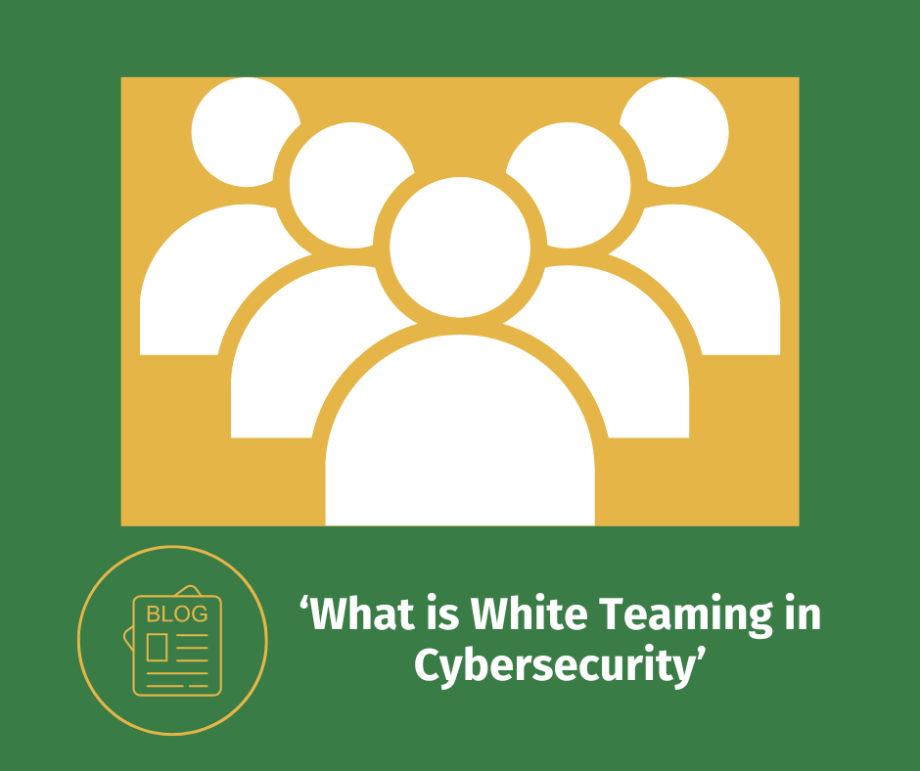White teaming is a simulated cyber-attack exercise designed to test and improve an organisation’s security posture and incident response capabilities. It involves three key players:
- Red Team: Ethical hackers playing the role of attackers to exploit vulnerabilities in an organisation’s security posture.
- Blue Team: Security professionals defending an organisation’s systems and networks against red team attacks.
- White Team: Neutral observers who act as referees, ensuring exercises run smoothly and within the pre-defined scope of the exercise.
The white team design the scenario by setting the scope and objectives of the exercise and establish the rules of engagement by clarifying what systems and data are in play and what actions are permissible and what are off-limits. During the exercise, the white team acts as a judge by enforcing the rules, scoring the other teams, and mediating any disputes which may arise. The group has prior knowledge of unannounced Red Team missions and acts as observers during the exercise to maintain the defined testing threshold.
Finally, the White Team derives lesson-learned, conducts post engagement assessment, and documents and shares the results, often feeding into the development of the Incident Response Plan and Security Strategy.
The benefits of white teaming are:
- Identifies security vulnerabilities before they can be exploited by threat actors.
- Improves incident response by helping blue teams refine their detection, containment, and remediation skills.
- Provides a neutral perspective on security strengths and weaknesses.
- Enhances communication and collaboration between security teams and other departments.
Regular testing of your security teams and processes allows for continuous improvement to your security posture in response to an evolving threat landscape. This is not something that an organisation should be doing alone, gaining an outside perspective in these processes brings so much additional insight and value to the process and to see how your organisation responds and evolves its security position.
If you would like to discuss your cyber and information security, feel free to reach out to us here.



